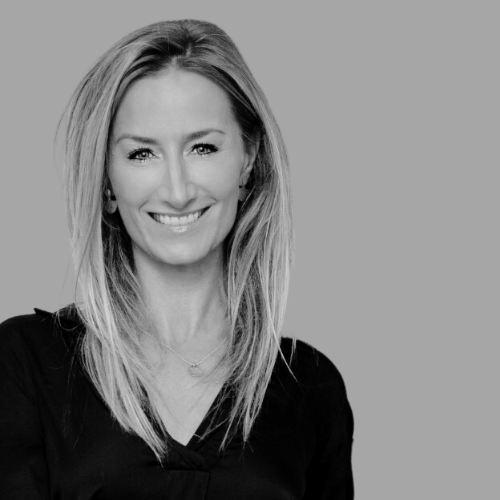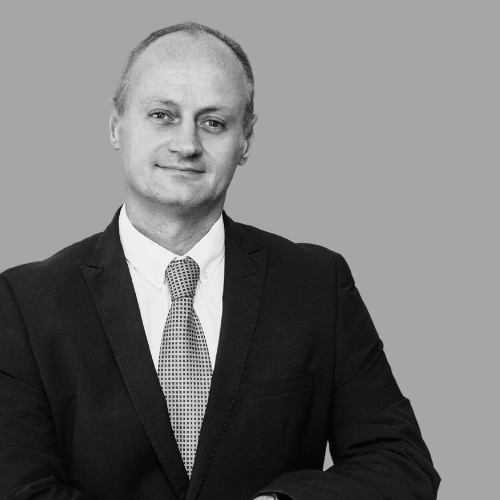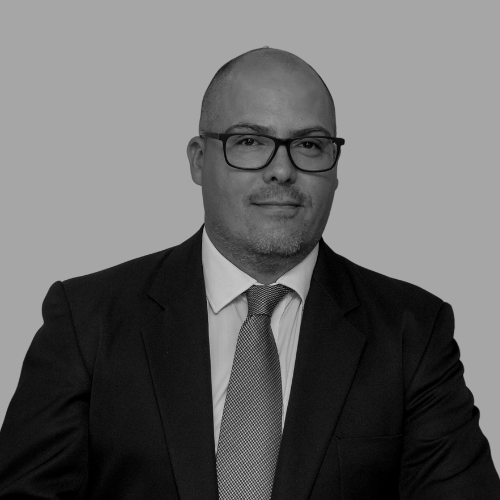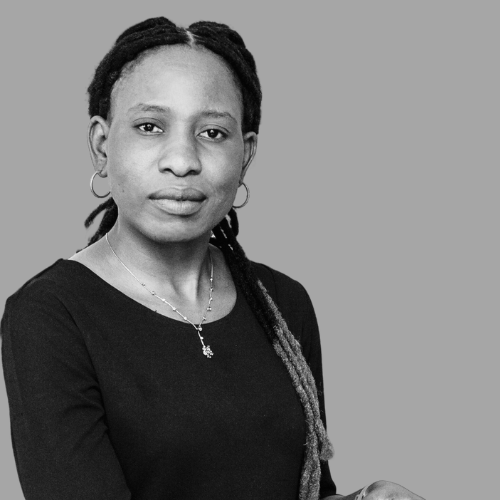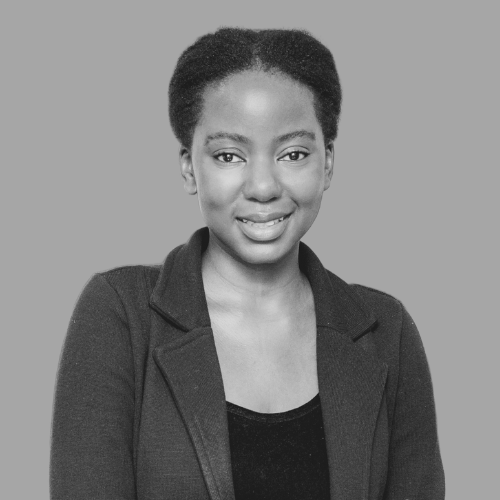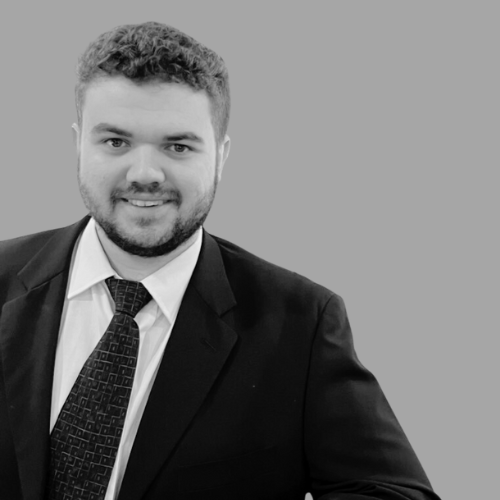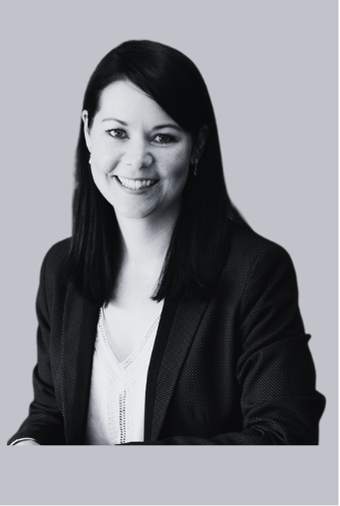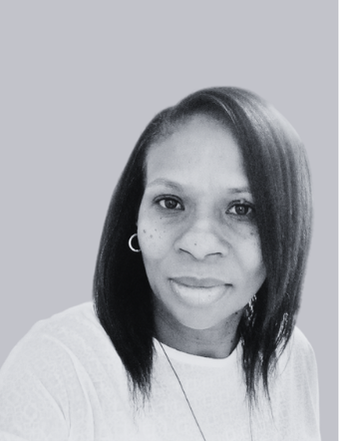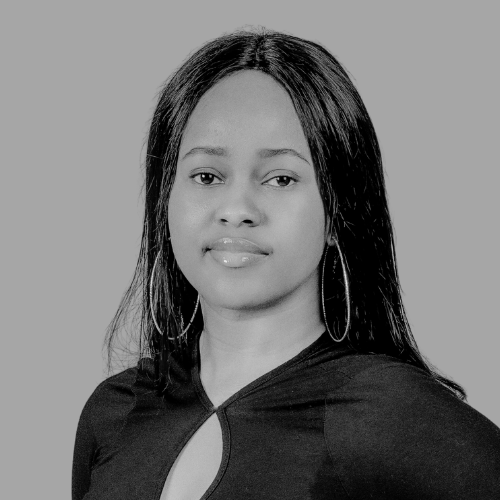
Image Source: Canva, iJeab
Finding the balance between saving and paying off debt can be a challenging decision. It depends on your individual circumstances and financial goals. Here are some factors to consider when deciding how to allocate your resources:
- High-interest debt: If you have high-interest debt, such as credit card debt or personal loans, it’s generally advisable to prioritize paying off those debts as quickly as possible. The interest charges on these debts can accumulate rapidly and hinder your financial progress. By paying off high-interest debt, you effectively save money on interest payments in the long run.
- Emergency fund: It’s crucial to have an emergency fund, even if you have debt. Unexpected expenses can arise at any time, and having some savings set aside can prevent you from going further into debt to cover those expenses. Consider building a small emergency fund, such as one -three months’ worth of essential expenses, before aggressively tackling debt. This could easily be achieved with a basic Unit trust investment. Keeping your money “slightly” further away from your ” banking app quick fingers”. A sub account seldom works.
- Low-interest debt: If your debt has a low interest rate, such as a home or vehicle payment loan, it may be more feasible to balance saving and debt repayment. In these cases, you might consider making regular debt payments while also directing some funds towards savings. This approach allows you to build savings and work towards your financial goals while managing your debt responsibly. It builds discipline on both sides.
- Do not ever spend or access your retirement savings to support your lavish lifestyle or your lack of spending and saving discipline. Declare war on your unnecessary spending habits…it is mostly a psychological war.
- Personal goals and priorities. Assess your financial goals and personal circumstances. Consider factors such as the timeline for achieving your goals, the interest rates on your debts, and the emotional well-being that comes with being debt-free. Your priorities may influence how you allocate your resources between debt repayment and savings.
- Create a budget and review it monthly. Remember, finding the right balance is a personal decision. It may be helpful to consult with a financial advisor who can provide guidance tailored to your specific situation. They can help you weigh the pros and cons and develop a strategy that aligns with your goals and financial well-being.


